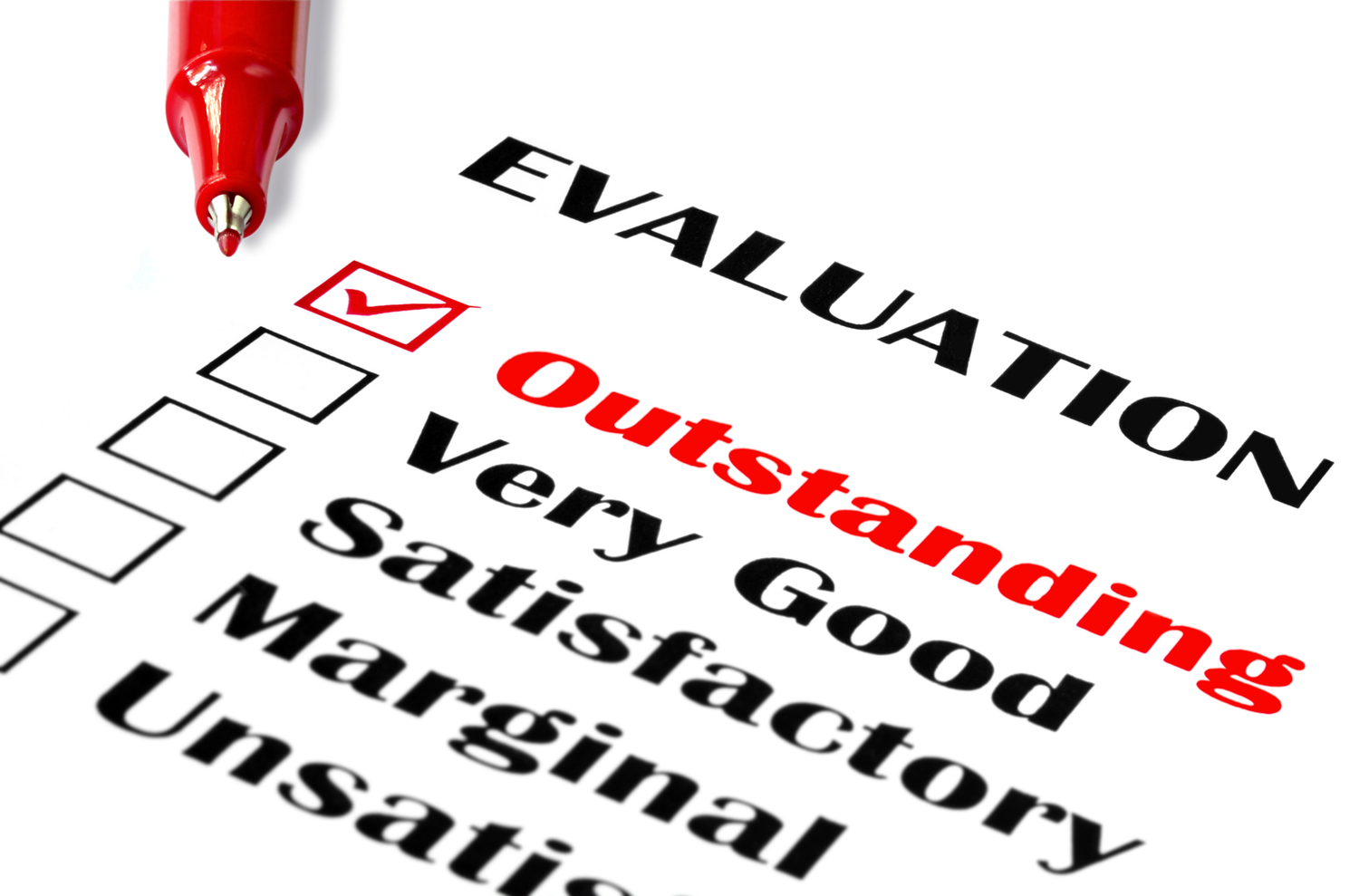This week in HR, we are working with organizations who are in the process of acquiring other companies. From technological advancements to market shifts and even global events, organizations find themselves in a perpetual state of adaptation—especially those businesses undertaking M&A. But strategic adaptation in business isn’t necessarily instinctive; it’s usually a learned skill. And the degree of skill and discipline in adaptation usually determines whether a business wins or loses.
The ability to adapt is not just a survival skill – it's a thriving strategy. Adapting in business involves a proactive response to changing circumstances, whether they stem from technological advancements, shifting market dynamics, or unforeseen global events. Successful organizations recognize that standing still is not an option.
Adaptation involves staying attuned to industry trends. This demands a continuous commitment to learning and an openness to incorporating new tools and methodologies into existing operations. Adaptation also involves a keen understanding of customer preferences and changing market demands. Organizations that prioritize customer feedback and conduct thorough market research can pivot their strategies to align with evolving consumer needs. Moreover, a culture that encourages experimentation and risk-taking is crucial. Accepting that not all endeavors will yield immediate success but viewing failures as valuable learning experiences creates a fertile ground for innovation. Ultimately, the businesses that thrive amidst change are those that view adaptation not as an occasional necessity, but as a fundamental component of their identity.
The HR professional’s role extends beyond managing these changes with all the transactional intricacies that accompany M&A, but it includes safeguarding the well-being of employees throughout these changes as well. Presuming that employee uncertainty
Our playbook for organizations wanting to thrive through change emphasizes the following 7 employee-centric principles:
- Communication as a Cornerstone
In times of change, communication becomes the bedrock of employee support. Transparent and open communication channels not only provide clarity but also instill a sense of trust among employees. Regular updates about changes, both big and small, help employees understand the reasons behind decisions and alleviate anxiety.
- Empowerment through Knowledge
Uncertainty breeds stress, which is why providing employees with the knowledge they need to navigate change is vital. This could be in the form of training for new technologies or processes, workshops on adapting to new roles, or even sharing industry insights to help them understand the broader context. Empowered employees are better equipped to handle change with confidence.
- Cultivating a Culture of Adaptability
A company culture that embraces change and innovation inherently supports employee resilience. Encourage a mindset where employees see change as an opportunity for growth, rather than a threat. Acknowledge and celebrate instances of adaptability and creativity, reinforcing the idea that change can lead to positive outcomes.
- Flexibility in Work Arrangements
The traditional 9-to-5 office setup might not be suitable for everyone, especially during times of change. Offering flexible work arrangements, such as remote work options or flexible hours, can help employees balance personal and professional demands while remaining productive. Flexibility acknowledges that employees have unique circumstances and enables them to tailor their work patterns accordingly.
- Well-being Initiatives
Physical and mental well-being are essential components of resilience. Introduce well-being initiatives such as yoga classes, mindfulness workshops, or employee assistance programs. Providing resources to cope with stress and maintain work-life balance demonstrates your commitment to the holistic health of your employees.
- Recognition and Support
Change often involves challenges, and employees who navigate these challenges deserve recognition. Celebrate milestones, acknowledge efforts, and provide support when needed. A simple acknowledgment can boost morale and reinforce the idea that employees are valued members of the team.
- Continuous Feedback and Improvement
A feedback loop is crucial for any successful endeavor, including managing change. Regularly gather input from employees about their experiences during times of transition. Use this feedback to refine your strategies and improve your approach to change management in the future.
_______________
Building resilience and nurturing well-being aren't just about benevolent management; they contribute directly to organizational success, connecting management tactics to business results. By fostering an environment where innovation and flexibility are encouraged, and a culture of communication, empowerment, adaptability, and well-being, HR professionals can guide their organizations and employees through change with confidence and capitalize on opportunities.
PHILIP CARRILLO, MBA, SHRM-SCP
Director, HR Services
Philip began his 12-year Human Resource career in HR Project Management and Recruiting in the legal tech sector, working for startups that were listed among Forbes Fastest Growing Companies. Philip has managed human capital operations in almost all 50 states and in parts of Europe. His experience ranges from compliance to leadership coaching. After achieving his MBA from Tulane University in 2019, Philip transitioned from in-house Director to consulting, where he focuses on helping leaders understand, document, and improve productivity and visibility through Performance Management, Mission Vision and Values integration, and Professional Development. Compliance remains a cornerstone of his strategic assistance to companies that want to scale carefully and smartly.
Philip believes that every employer can methodically create an attractive and inspiring Employer Brand and Human Capital strategy. “Every challenge can become the building block of a breakthrough opportunity through a dynamic HR strategy.”



